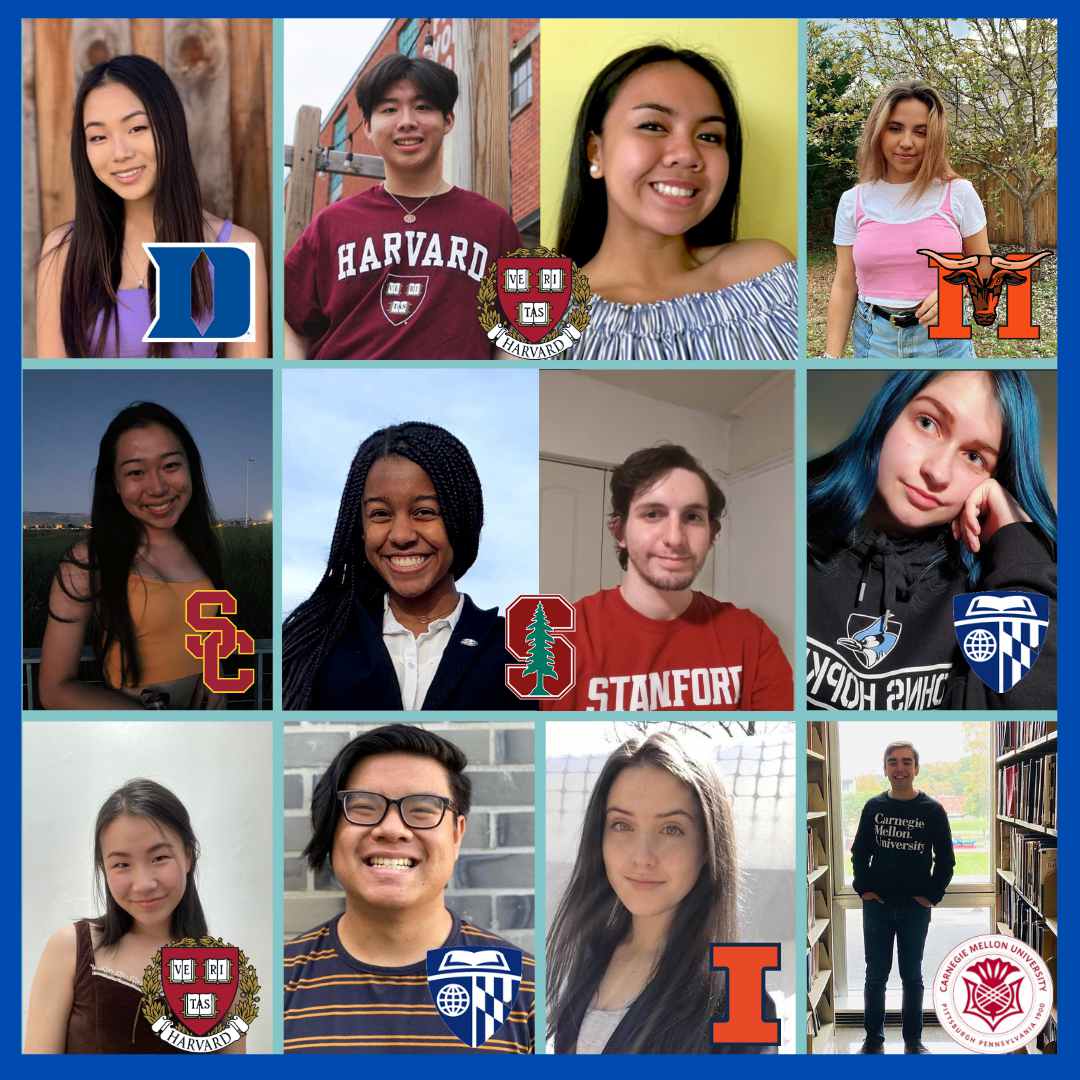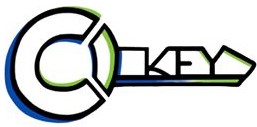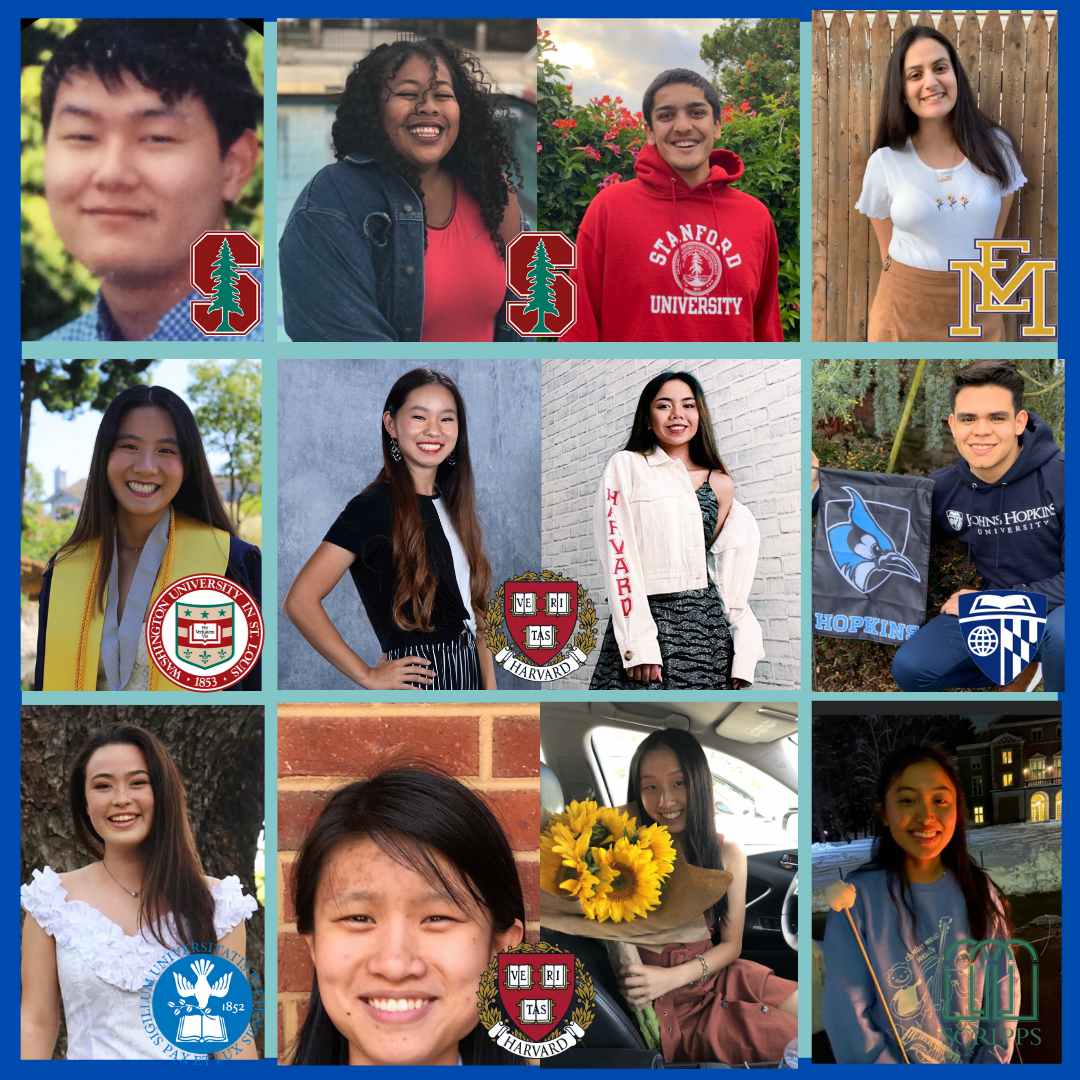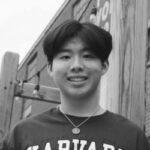
“We were able to get like almost 800 people involved in our fellowship program with only three weeks of recruitment and promotion,” says Floridian Lucas Leanza, who, along with the rest of the team, helped me start College Key Foundation, a global non-profit organization connecting students  with resources to access higher education. We go over how we were able to create a fellowship program impacting thousands of students, partner up with 15+ organizations, and grow our social media presence by 810% all within less than a month of creating College Key.
with resources to access higher education. We go over how we were able to create a fellowship program impacting thousands of students, partner up with 15+ organizations, and grow our social media presence by 810% all within less than a month of creating College Key.
Hey Lucas, thanks for joining me today! Could we just give a quick introduction of who we are and what College Key Foundation is?
My name is Lucas Leanza, I’m a rising sophomore at Stanford, studying economics policy and the Vice President of College Key Foundation. I’m also an immigrant and moved here when I was fourteen to Florida.
I’m Jacky, and I’m the president of College Key and a rising freshman at Harvard studying economics. I’m from South Carolina and immigrated here from China when I was three.
College Key Foundation is a non-profit organization to support high school students (especially underrepresented ones) through the college application process and help them achieve their goals.
To start, I wanted to talk a bit about the ideation of the organization and how you thought of the idea.
Jacky: I reflected upon my college application journey. I thought about how I was in so many of these programs but none of them did everything that I needed them to do or else why would I and many of my FGLI (first-generation low-income) peers be in multiple college access organizations. And so I thought of the idea of basically taking parts of each organization that worked for me and what would differentiate College Key from the thousands of college access organizations. That’s when I thought of adding the fellowship program which is a free four-week program that pairs underrepresented HS students (first-gen low-income, DACA, immigrants, women in STEAM, etc.) with college student mentors that come from similar identities. Fellows go through panels and workshops that go over standardized testing, college essays, and career. The career component was another big thing I wanted to focus on because the demographic of students we’re targeting, unfortunately, doesn’t have access to much professional development or even the privilege of having time to explore and do different activities.
A big tip I have with creating organizations is to see if there is a need for it in your community or space. It’s better to come up with a new idea, creative solution, or new perspective since this allows you to stand out and have your organization thrive.
Now Lucas is going to talk a bit about how we were able to scale our organization to what it is today and impact so many people.
Lucas: We were able to get like almost 800 people involved in our fellowship program with only three weeks of recruitment and promotion. We were able to get people to know about us through our circles and contacts. We were able to find people who are not only talented but also passionate about making a change.

Many of the people who are our friends and on the team come from underrepresented backgrounds. All of us share the same experience that the college application process is a very daunting process that leaves behind underrepresented students.
Everyone is passionate about our mission and has a lot of knowledge about it since they had gone through it personally. So we were able to connect and have passionate people on our team who’re all also really influential in their circles and regions. Through the human resources that we have, we were able to expand a lot throughout the country through a lot of hard yet loving work from every one of us at the College Key Foundation.
Many challenges come with starting a new organization, could you talk about some of the ones you encountered and what you learned from that.
Jacky: For me at least, it was my first time starting a nonprofit and then leading such a large scale organization. This has led to dealing with a lot of the challenges that I would think many new organizations or startups experience. And I think the biggest like takeaway that I’ve gotten from this is to find people that you trust, but also be able to see the value that they can add to the organization. Relationships are not transactional but think about how you can provide an experience and a learning environment for them and what the organization or you can provide them, which could be experience or a way to advance their passions.

